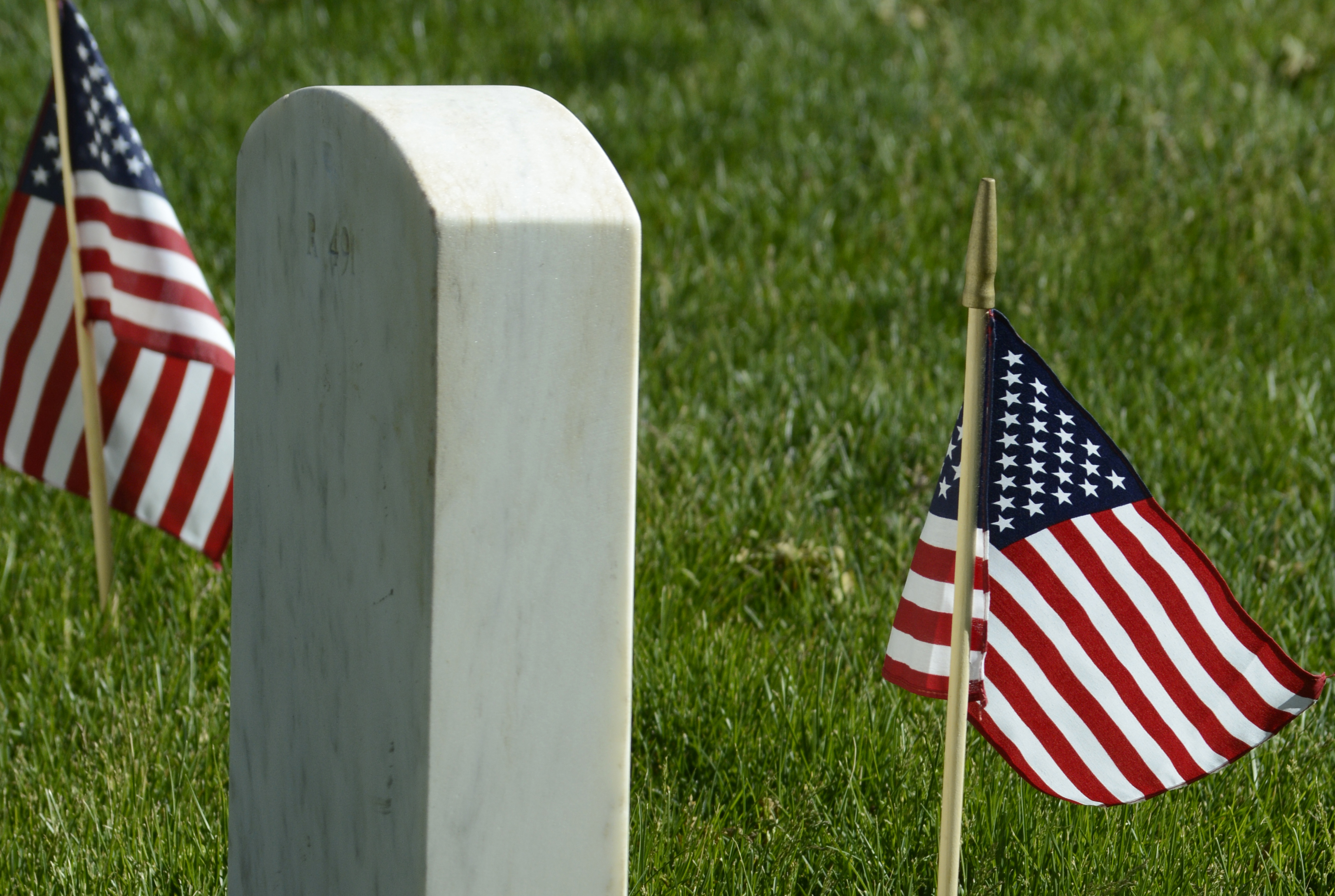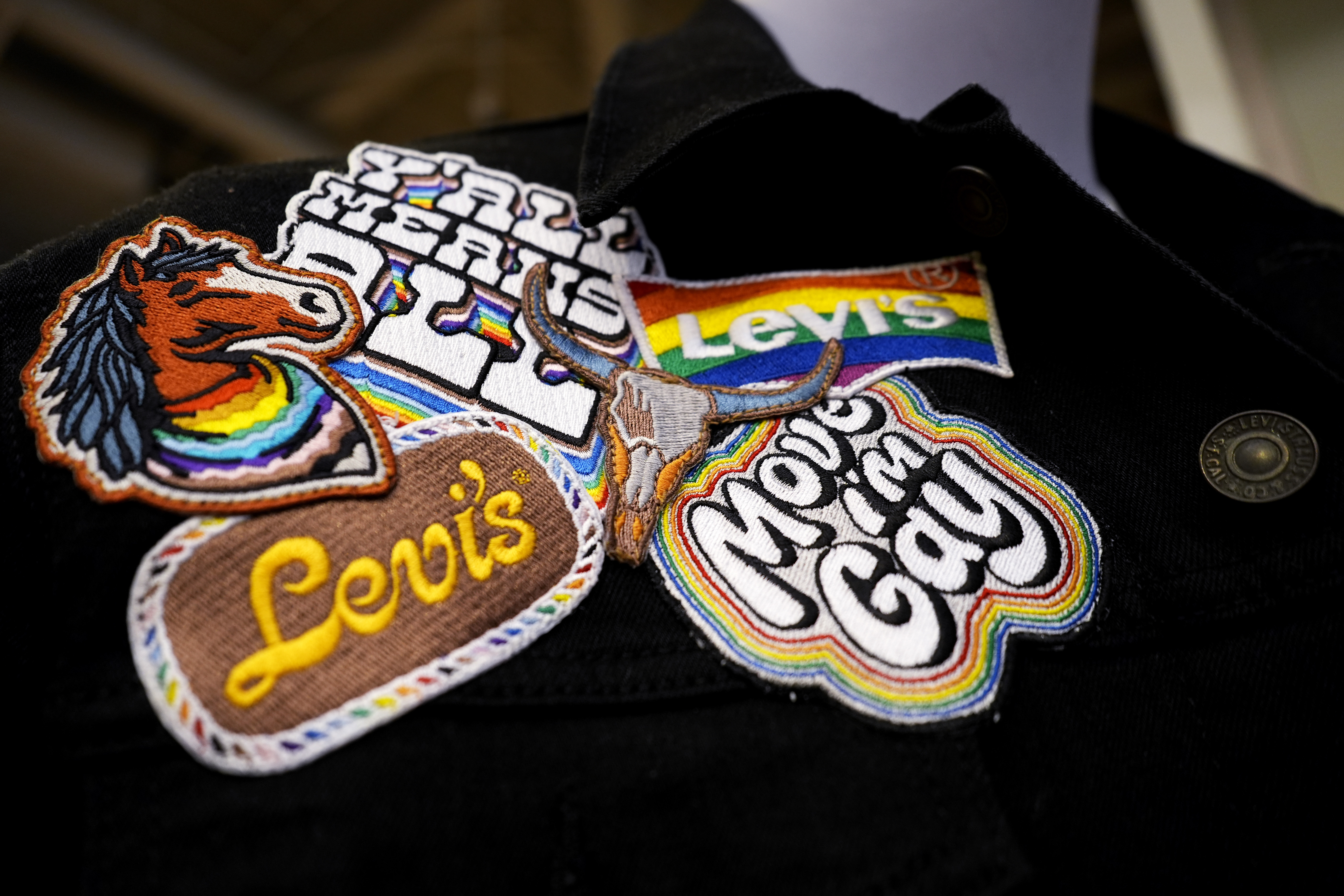
President Joe Biden pardoned potentially thousands of former U.S. service members convicted of violating a now-repealed military ban on consensual gay sex, saying Wednesday that he is “righting an historic wrong" to clear the way for them to regain lost benefits.
Biden's action grants a pardon to service members who were convicted under the Uniform Code of Military Justice's former Article 125, which criminalized sodomy. The law, which has been on the books since 1951, was rewritten in 2013 to prohibit only forcible acts.
Those covered by the pardon will be able to apply to receive proof that their conviction has been erased, petition to have their discharges from the military upgraded and move to recover lost pay and benefits.
“Today, I am righting an historic wrong by using my clemency authority to pardon many former service members who were convicted simply for being themselves,” Biden said in a statement. “We have a sacred obligation to all of our service members –- including our brave LGBTQI+ service members: to properly prepare and equip them when they are sent into harm’s way, and to care for them and their families when they return home. Today we are making progress in that pursuit.”
Get top local stories in Connecticut delivered to you every morning. >Sign up for NBC Connecticut's News Headlines newsletter.
The president’s use of his pardon powers is occurring during Pride Month and his action comes just days before he is set to hold a high-profile fundraiser with LGBTQ donors in New York on Friday. Biden is trying to rally support within the Democratic-leaning community ahead of the presidential election.
Administration officials declined to say why Biden did not act on the pardons sooner.
This is the third categorial pardon by Biden — using his clemency powers to cover a broad group of people convicted of particular crimes — after moves in 2022 and 2023 to pardon those convicted federally for possessing marijuana.
The White House estimates that several thousand service members will be covered — the majority convicted before the military instituted the “Don’t Ask, Don’t Tell” policy in 1993 that eased the way for LGBTQ troops to serve if they didn’t disclose their sexual orientation. That policy was repealed in 2011, when Congress allowed for their open service in the military.
Service members convicted of nonconsensual acts are not covered by Biden's pardon action. And those convicted under other articles of the military justice code, which may have been used as pretext to punish or force-out LGBTQ troops, would need to request clemency through the normal Department of Justice pardon process.
Biden had previously ordered the Department of Veterans Affairs to move to provide benefits to service members who were other than honorably discharged because of their sexual orientation, gender identity or HIV status.



